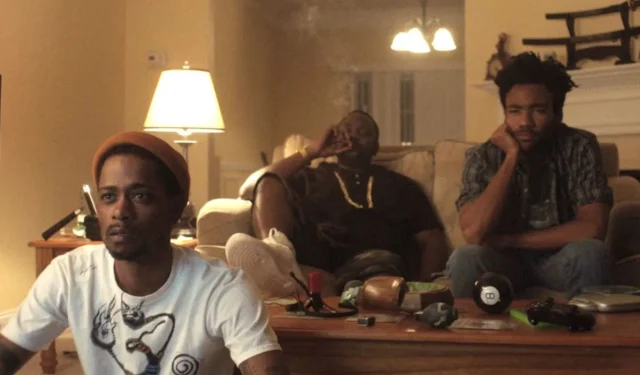
Atlanta has carved out a unique niche in television comedy by consistently delivering unexpected twists and some of the most unconventional episodes seen in recent decades. The creative genius of Donald Glover and his team shines through as they boldly experiment with storytelling, resulting in a series brimming with humor, even when their adventurous narrative choices don’t always resonate. Each season showcases distinctive strengths, yet all four seasons boast standout episodes that exemplify the show’s comedic brilliance.
The series revolves around the tumultuous journeys of cousins Earnest “Earn”Marks and Alfred “Paper Boi”Miles as they aspire to achieve success in the music industry. What initially presents itself as a light-hearted exploration of friendships, romance, and the pursuit of musical fame evolves into an ambitious narrative that has garnered acclaim for its creativity and absurd humor. As Atlanta discovered its outlandish voice, it boldly diverged from conventional storytelling, redefining what a comedy series could be. By the conclusion of its fourth season, Atlanta had reshaped the landscape of television comedy.
10 The Big Payback
Season 3, Episode 4
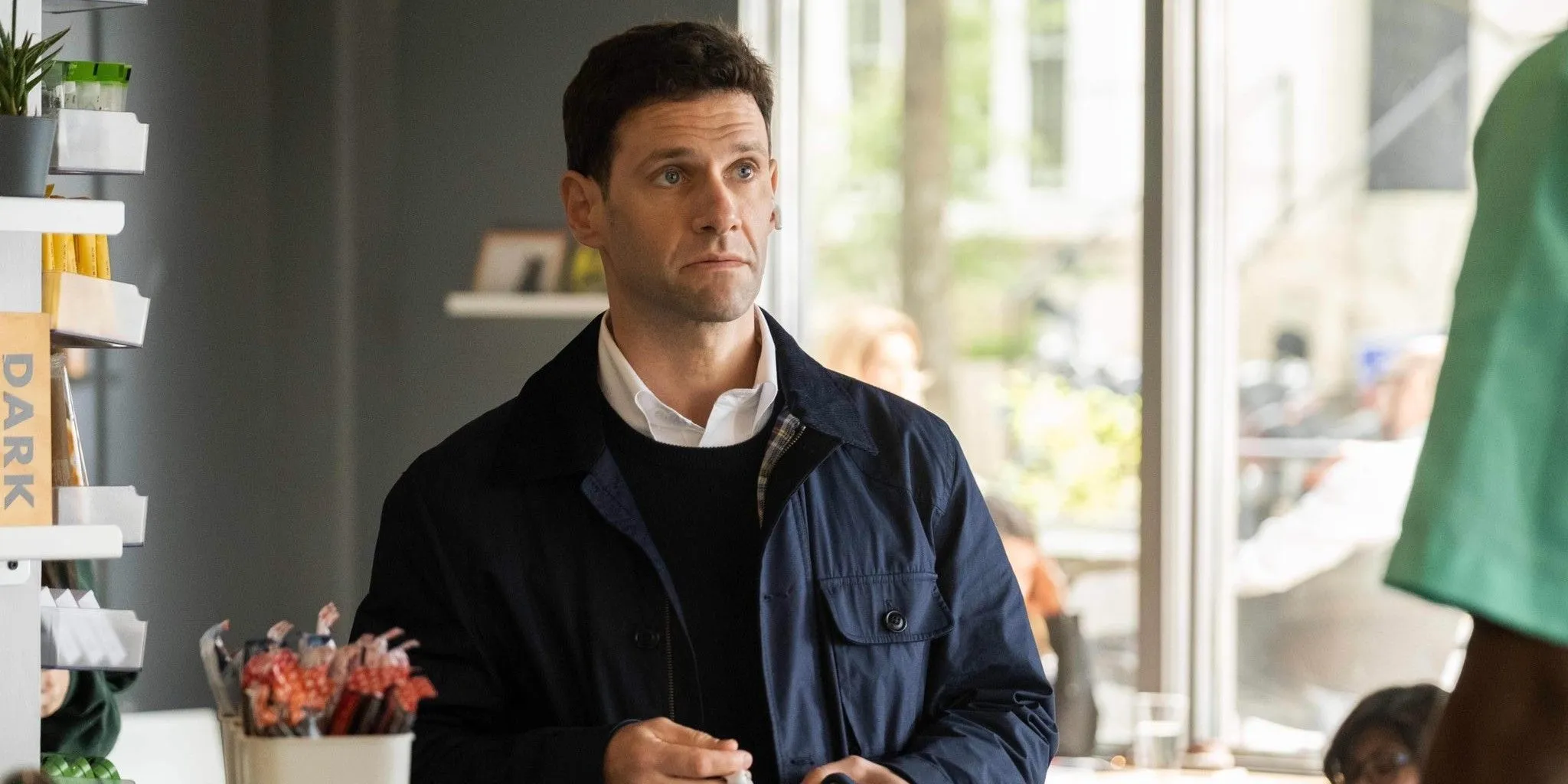
In “The Big Payback,” Atlanta explores cerebral storytelling that diverts from its main characters entirely. The plot centers on a white man confronted with the shocking demand to provide reparations to a Black woman, whose ancestors were enslaved by his own family. What starts as a trivial joke escalates into a profound and poignant examination of societal responsibility, questioning what reparations would look like in a contemporary context.
Though Atlanta is celebrated for its character-driven narratives, episodes like this one showcase the show’s capacity for mature and nuanced reflections on pressing social issues. By presenting this hypothetical situation without overt bias, Atlanta invites viewers to consider the implications of past actions on current societal structures.
9 Rich Wigga, Poor Wigga
Season 3, Episode 9
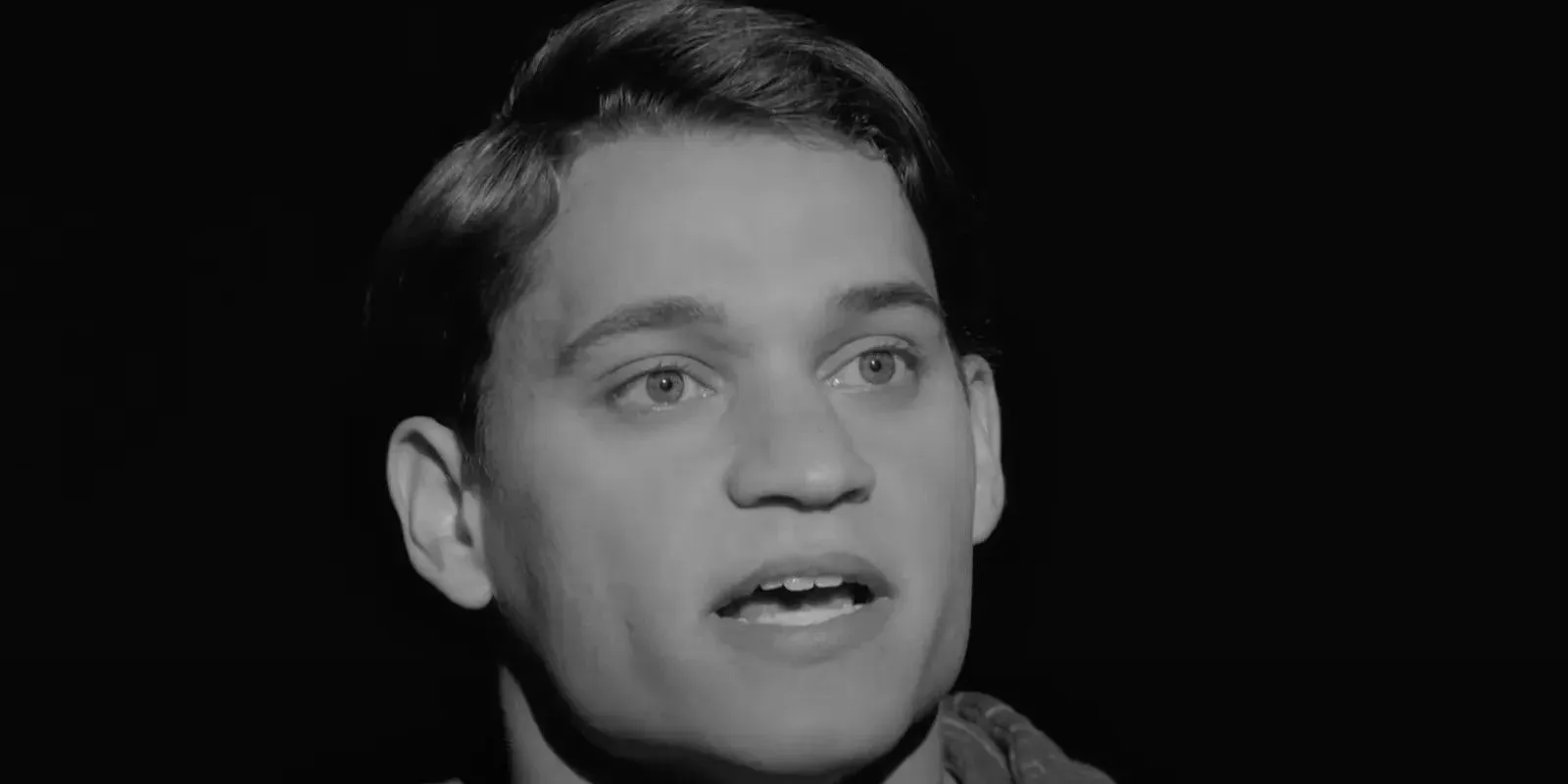
“Rich Wigga, Poor Wigga” exemplifies Atlanta’s anthology format, offering the writers creative freedom to develop a compelling spin-off narrative that omits the main cast. The episode presents a dystopian landscape where Black individuals receive free college tuition, igniting a fierce competition to prove one’s “Blackness”and merit.
This thought-provoking story highlights the contrasting perceptions of Black identity and the impact of societal hierarchies, making a pointed statement about racial stereotypes. Atlanta’s shift to such deep thematic explorations marks a pivotal moment in its evolution, demonstrating the show’s strength in tackling complex topics with creativity.
8 North Of The Border
Season 2, Episode 9
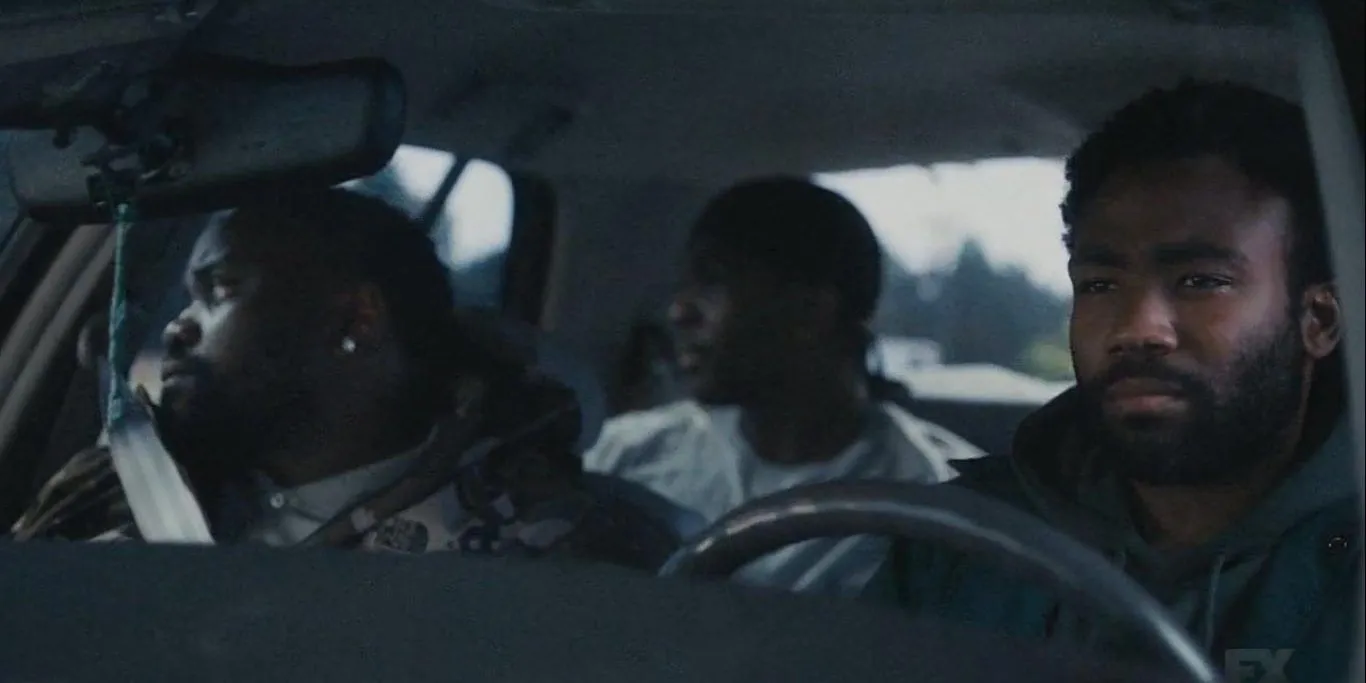
Unlike many standout episodes that operate as standalone stories, “North of the Border” is an emotionally rich installment that deepens the bond between Earn and Paper Boi. While it lacks the outlandish premises typically associated with Atlanta, this episode provides a heartfelt exploration of their relationship amidst a poignant narrative arc.
The chemistry shared by Donald Glover and Brian Tyree Henry elevates this episode, reflecting the underlying emotional depth that has been a cornerstone of Atlanta’s success.
7 Barbershop
Season 2, Episode 5
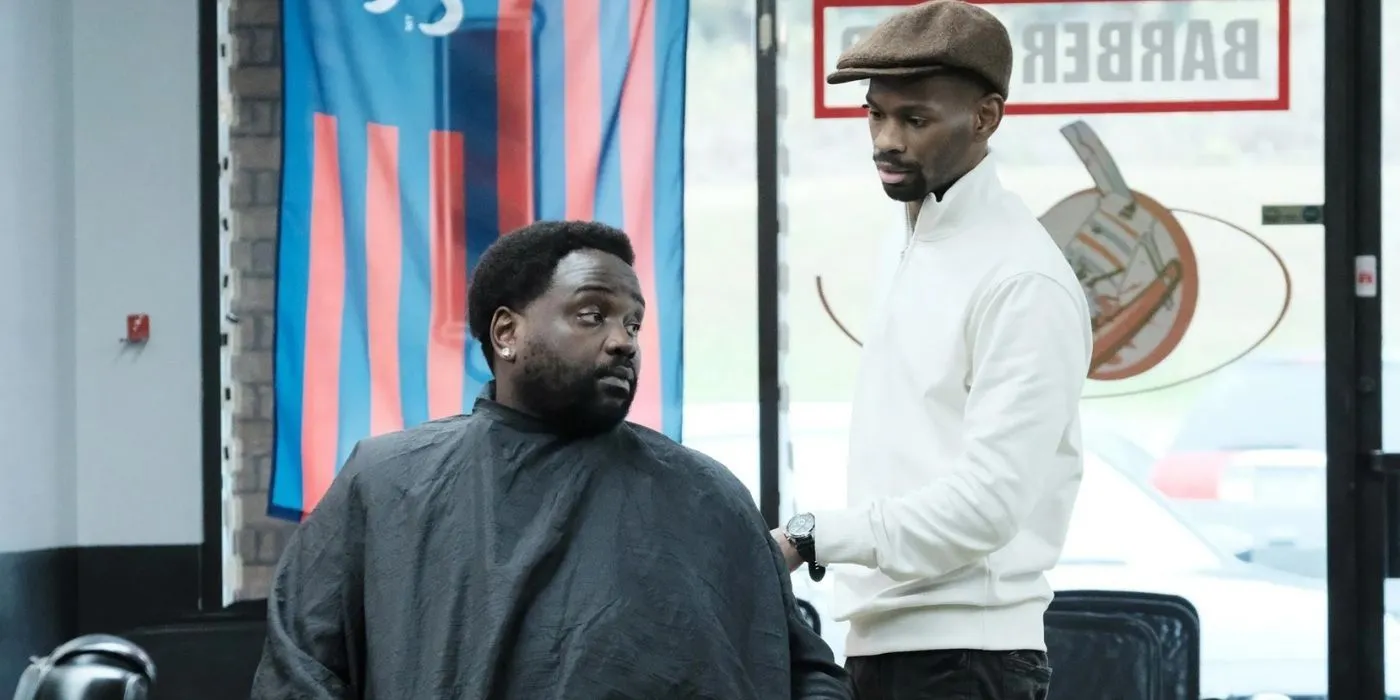
The episode “Barbershop”captures Paper Boi’s frantic quest to get a haircut before an important photo shoot, leading him through a series of absurd misadventures across the city. This simple premise is infused with humor as he grows increasingly exasperated by the uncontrollable circumstances that derail his plans.
“Barbershop” solidified Paper Boi’s character as a highlight in Brian Tyree Henry’s career, showcasing his ability to command the episode’s narrative while delivering some of the series’ most comedic moments. This episode illustrates how even straightforward concepts can become captivating with the right execution.
6 It Was All A Dream
Season 4, Episode 10
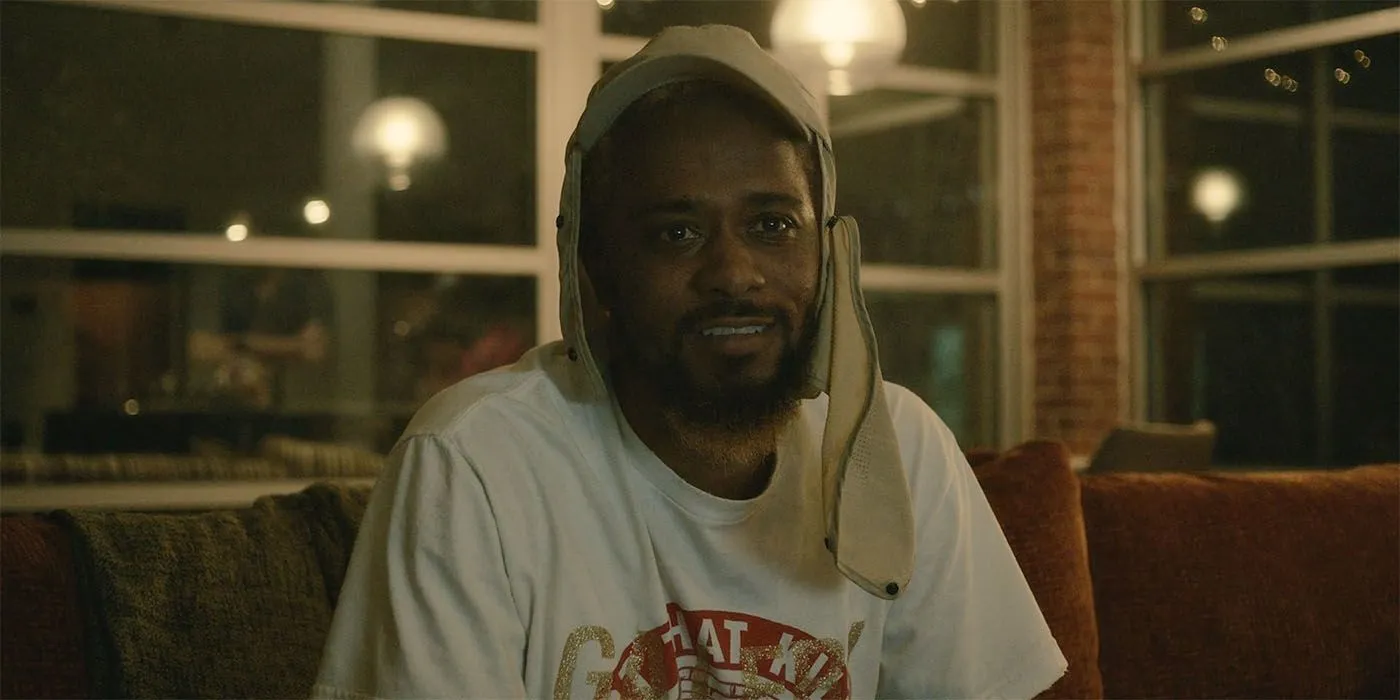
The series finale, “It Was All A Dream,”stirred debate among fans, primarily due to its use of the controversial trope and its failure to resolve lingering plot threads from previous seasons.
Despite its divisive nature, the episode embodies everything remarkable about Atlanta—its unpredictable narratives and the incredible chemistry among the cast ensure that the show resonates. With a 100% rating on Rotten Tomatoes, it attests to the show’s commitment to leaving a lasting impression without relying solely on a traditional finale.
5 The Goof Who Sat By The Door
Season 4, Episode 8
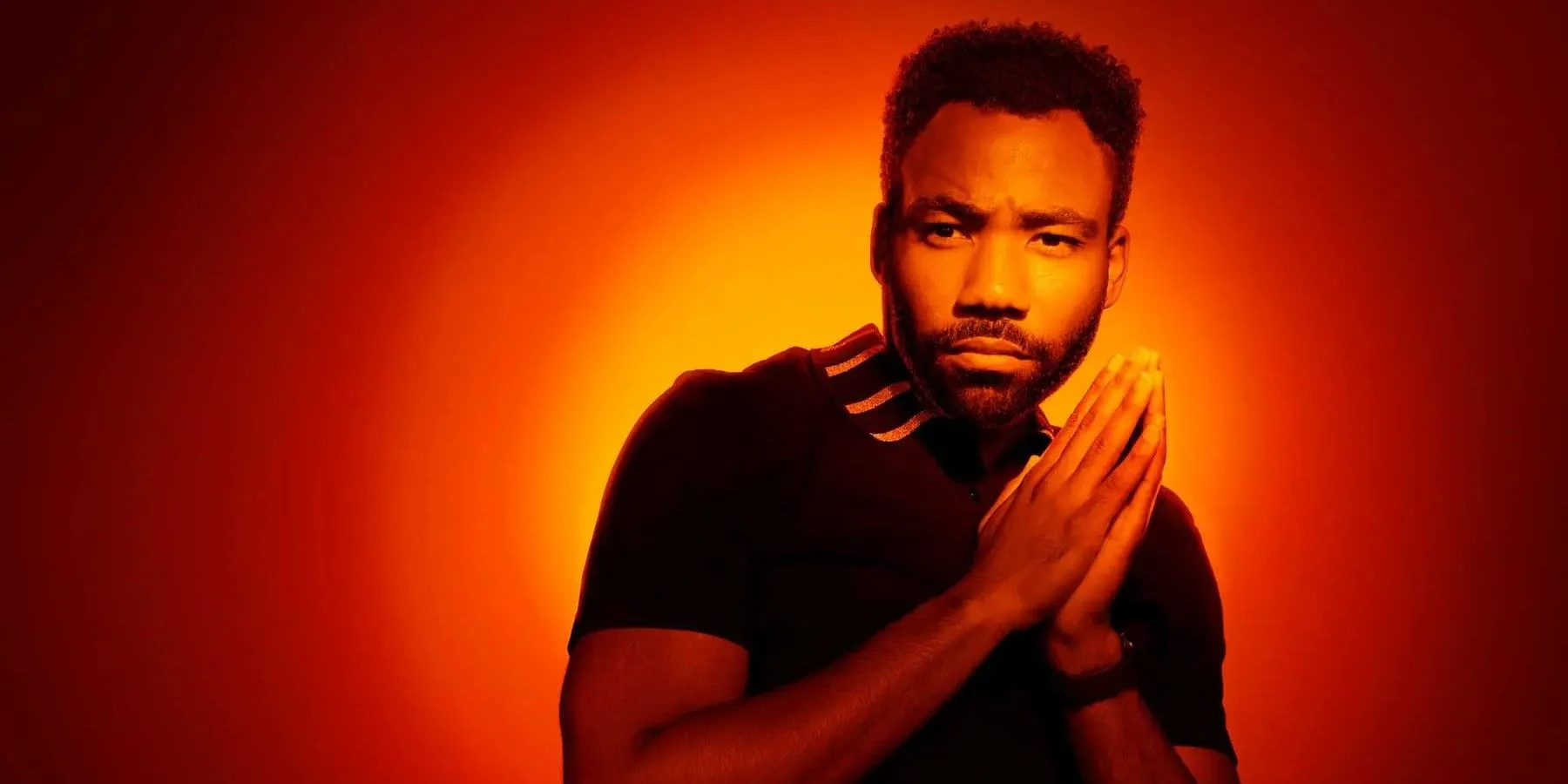
“The Goof Who Sat By The Door” stands out as one of Atlanta’s most audacious conceptual episodes. Presented as a mockumentary, it tells an outlandish yet entertaining narrative surrounding the production of Disney’s A Goofy Movie, portraying a Black animator who inadvertently becomes the CEO of Disney.
The episode’s blend of archival footage and fictive interviews creates a compelling backdrop that blurs the lines between reality and fiction, leaving audiences both amused and engaged. The audacity of its premise underscores Atlanta’s ability to transcend conventional storytelling to deliver entertainment that defies expectations.
4 B.A.N.
Season 1, Episode 7
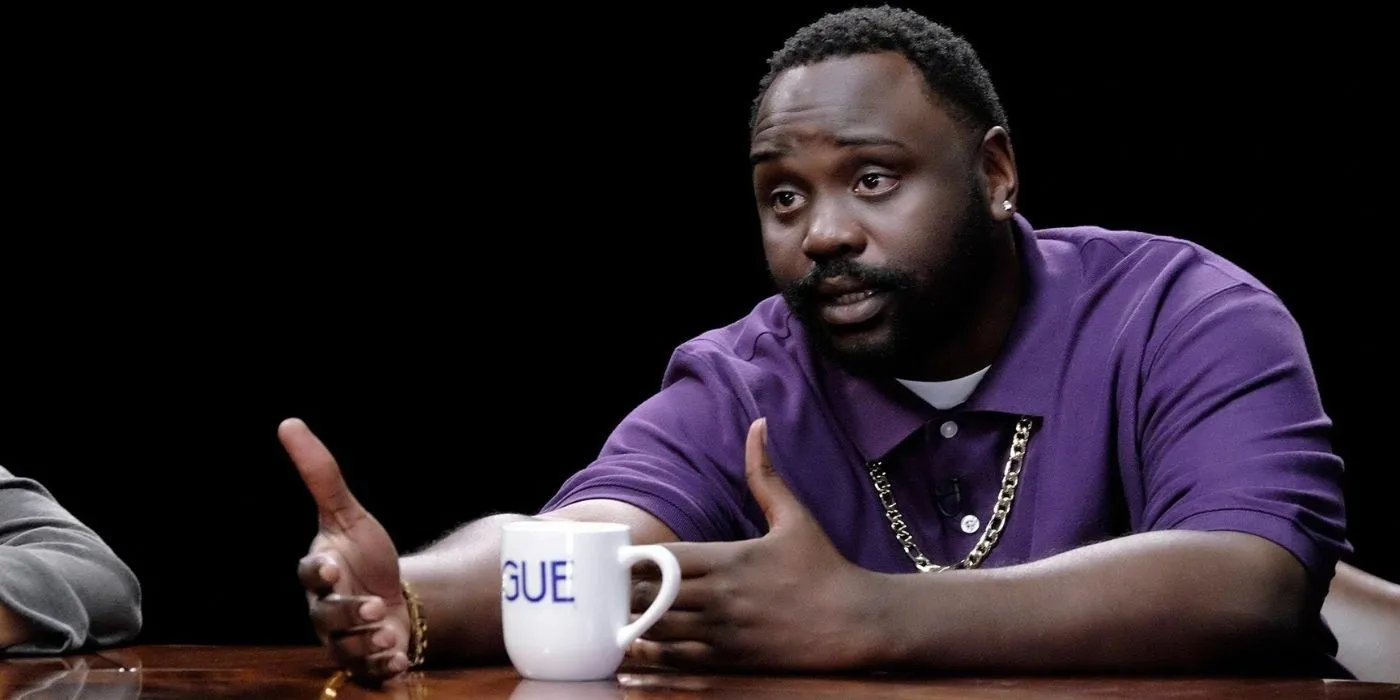
“B.A.N.” is often praised as one of the defining episodes of Atlanta’s first season, illustrating the show’s willingness to tackle complex subjects through humor. This episode revolves around Paper Boi’s appearance on a Black news network after a controversial tweet, engaging in uproarious discussions about cancel culture and the absurdity of transracialism.
By dissecting the modern discourse surrounding social media and cultural identity, this episode encapsulates Atlanta’s ability to deliver insightful commentary while wrapping it in humor, ultimately making serious topics approachable and entertaining for viewers.
3 Juneteenth
Season 1, Episode 9
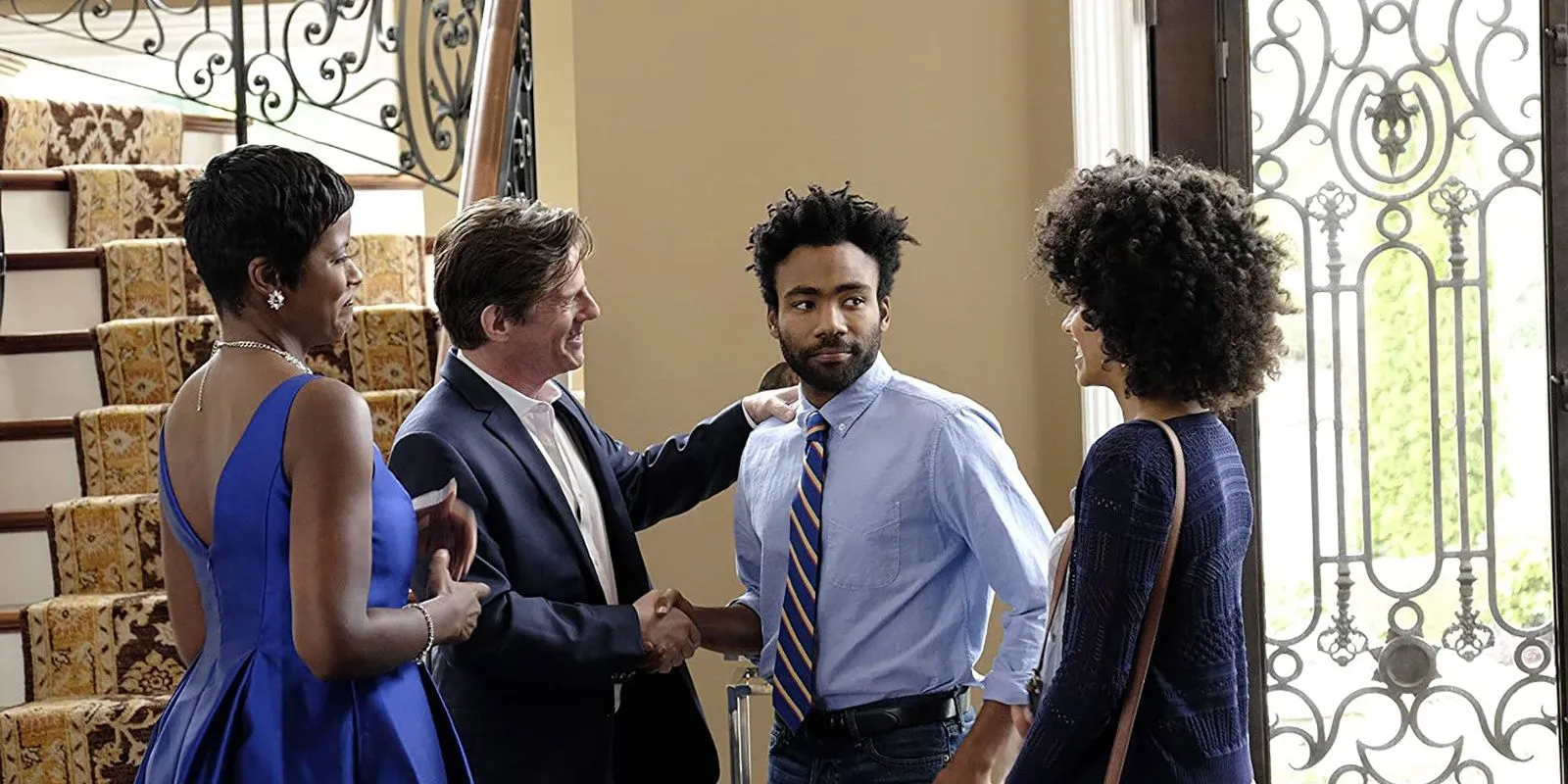
While not everyone may rank “Juneteenth” among their favorites, this episode exemplifies Atlanta’s captivating storytelling, sharp social commentary, and humor. The narrative centers on Earn and Vanessa’s experiences at a white family’s Juneteenth celebration, revealing the jarring contrast from their expectations.
The episode skillfully navigates themes of racial disparity and cultural appropriation while maintaining a focus on the core relationship between Earn and Vanessa, showcasing the complexity of their connection amidst the broader social commentary.
2 Teddy Perkins
Season 2, Episode 6
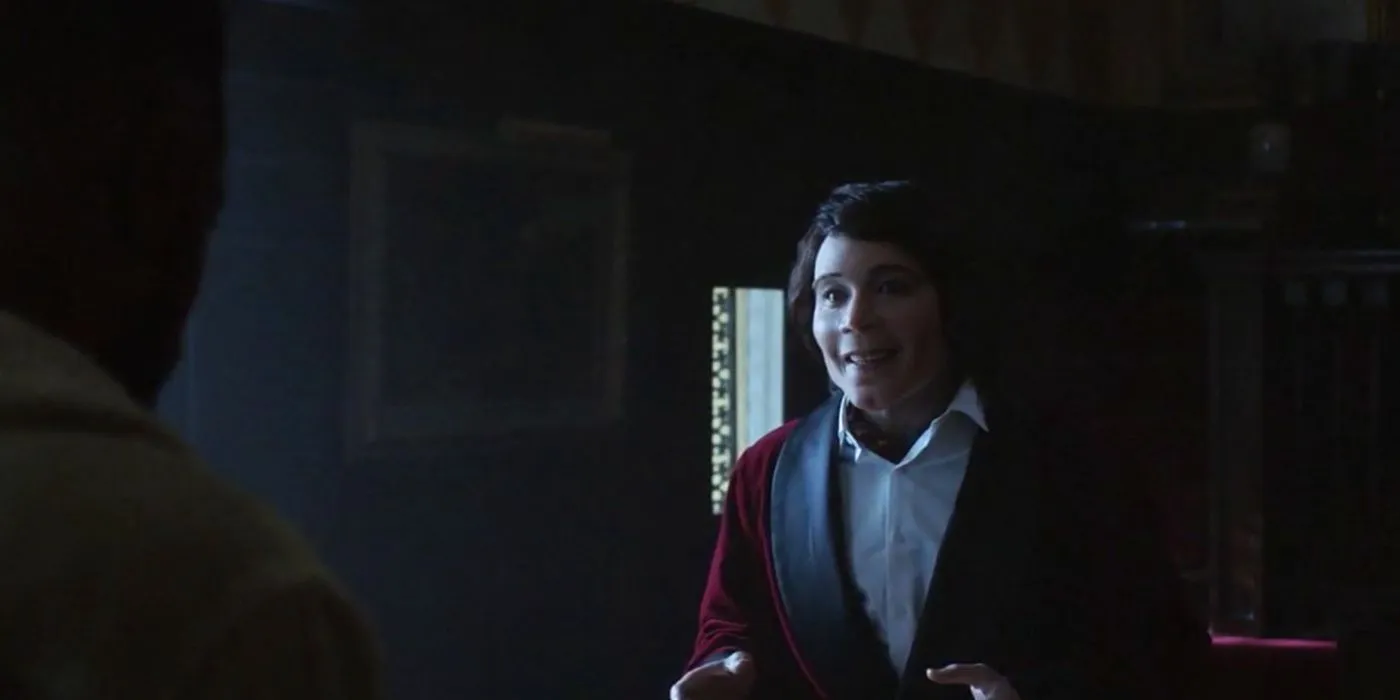
“Teddy Perkins” is a pivotal episode that marks Atlanta’s transition into horror elements. The viewer follows the beloved character Darius as he visits a creepy house to pick up a piano from a Craigslist ad, unknowingly stepping into a dark narrative that is both unsettling and engrossing.
This episode reveals Glover’s remarkable range as an actor, providing chilling depth to Teddy Perkins, notably showcasing how Atlanta masterfully melds genres to deliver profound storytelling.
1 Woods
Season 2, Episode 8
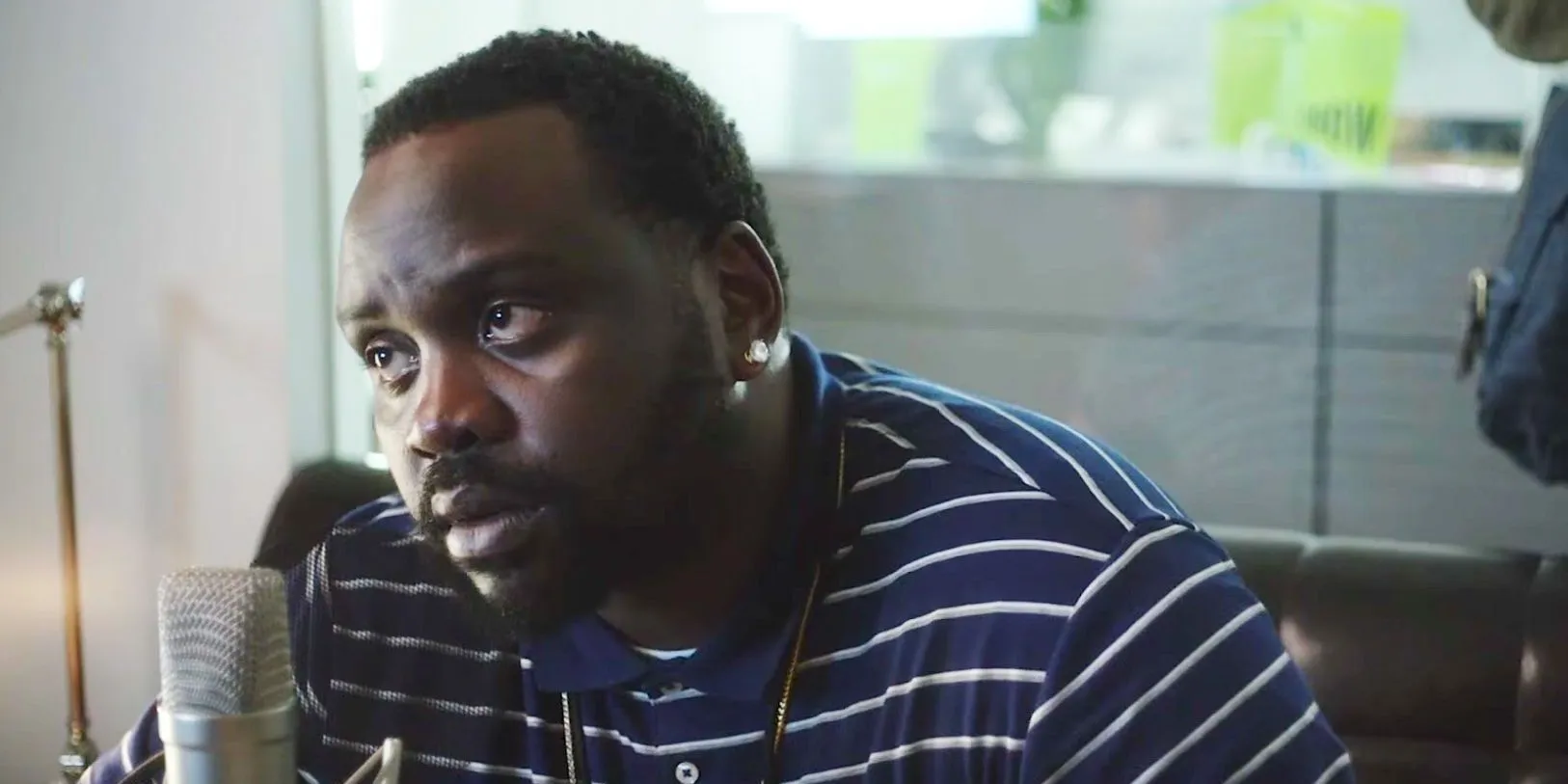
“Woods”encapsulates the intensity of Atlanta’s narrative style. Following Paper Boi through a seemingly ordinary day, the tone quickly shifts when he becomes the target of a robbery attempt, compelling him to flee into the woods, where an ominous figure hunts him down.
This episode is emblematic of Atlanta’s unpredictable storytelling, transforming a mundane scenario into a gripping reflection on the perils of fame, encapsulating the notion that personal safety can become compromised in the pursuit of success, all while maintaining a thread of insightful commentary.
Leave a Reply